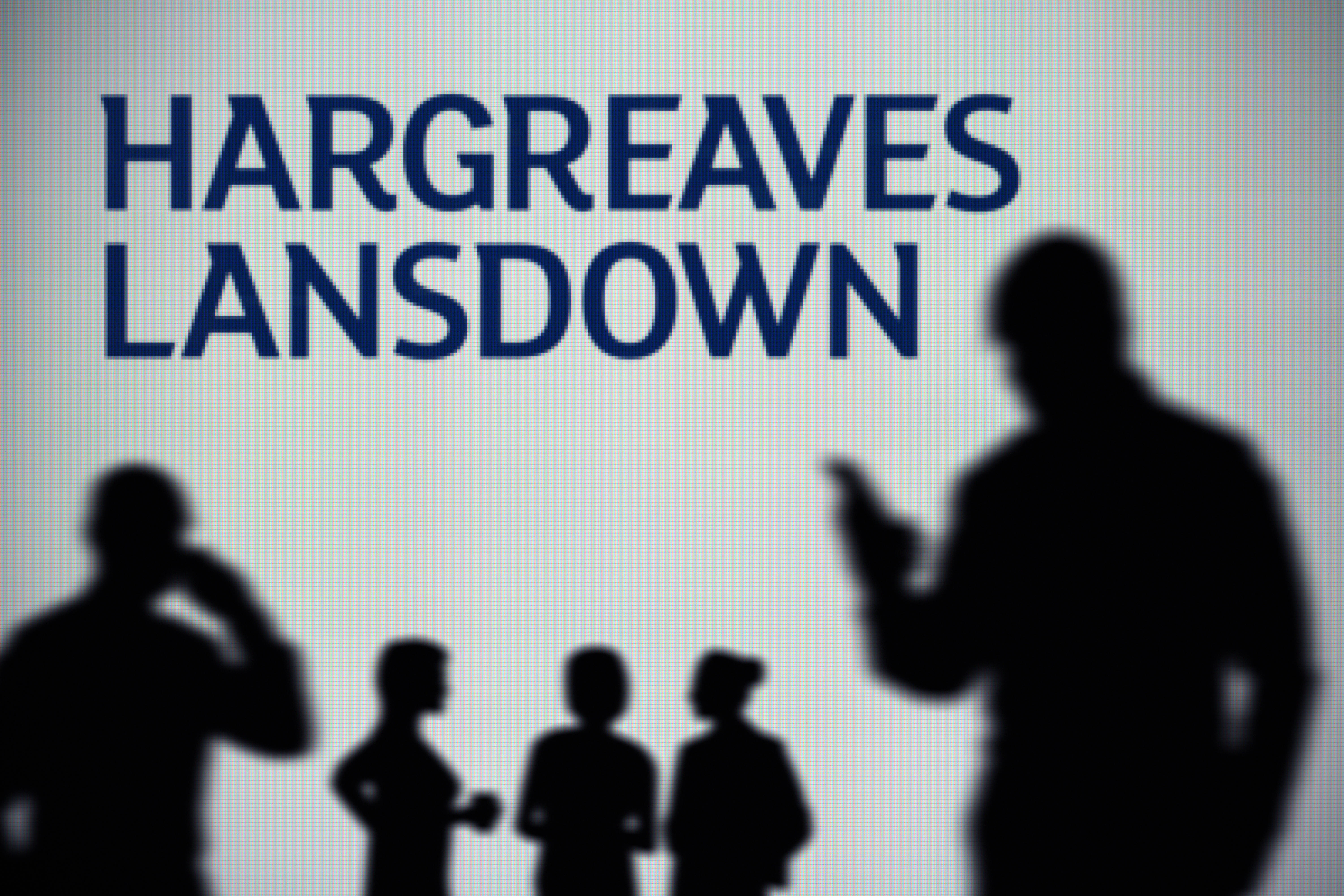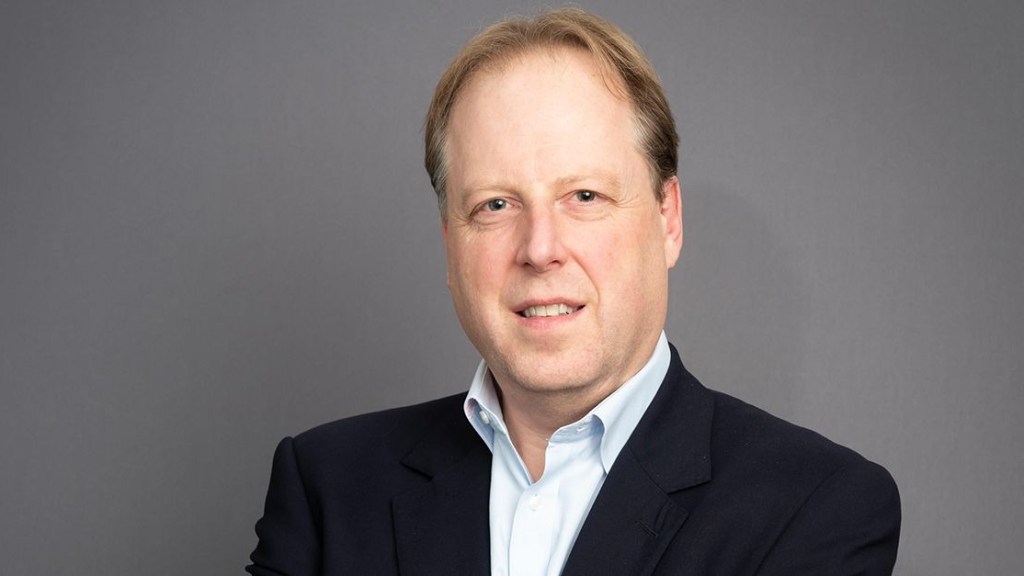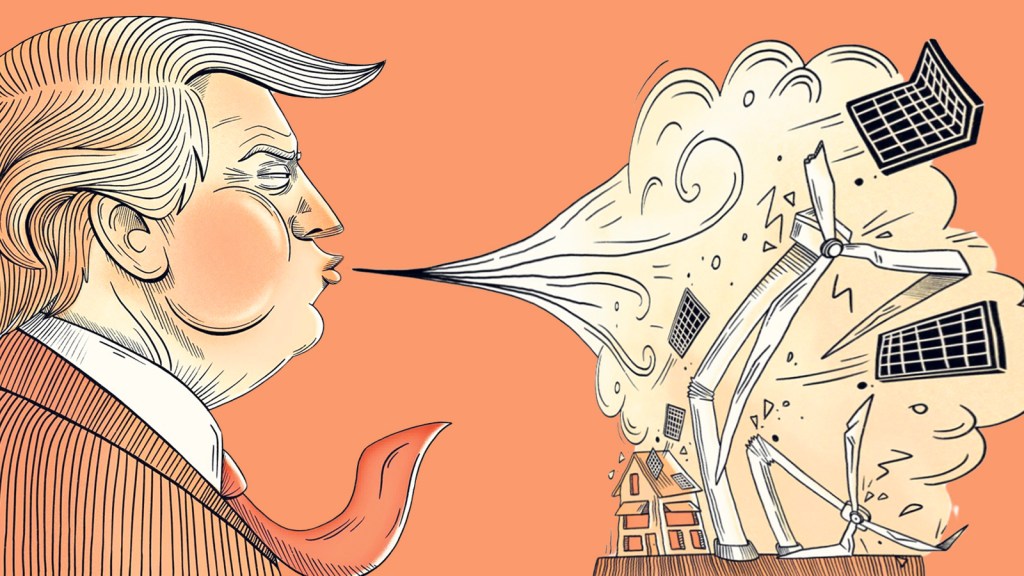Dan Olley Departing as CEO of Hargreaves Lansdown After Less Than Two Years
Dan Olley, the chief executive of Hargreaves Lansdown, is stepping down from his role at the UK’s leading DIY wealth management firm just two months after the company was acquired by a private equity group for £5.4 billion.
Olley’s resignation comes less than two years after he took the helm, coinciding with the return of Peter Hargreaves, the firm’s co-founder, to its board.
The 55-year-old Olley is reportedly leaving for personal reasons that prevent him from remaining with the Bristol-based firm during the transition period under its new owners, which include CVC Capital Partners.
Richard Flint, 53, a former executive in the gambling sector, will assume the role of interim CEO as he leads a newly formed transformation committee aimed at revitalizing the company.
The board expressed the necessity of having a long-term leader in place during this critical transition phase, hence the decision to appoint Flint temporarily while they search for a permanent successor.
Olley’s exit opens up one of the most visible and challenging positions in the UK wealth management sector.
Founded 44 years ago by Hargreaves and Stephen Lansdown from a spare room, Hargreaves Lansdown operates the UK’s largest online retail investment platform, enabling individual investors to trade shares, purchase funds, and manage ISAs and self-invested personal pensions. In the past year, the firm managed approximately £157 billion in assets for 1.9 million clients, enriching its co-founders, both of whom are billionaires. Despite its leading market position, the company has struggled in recent years due to increased competition from rivals like AJ Bell.
Olley’s predecessor, Chris Hill, had implemented a strategy to expand the company’s services beyond its core DIY platform to include investment advice. However, investors were skeptical about the expenses associated with Hill’s plan, while Hargreaves criticized the strategy publicly, negatively impacting the company’s share price.
This combination of a declining stock price and Hargreaves’ criticism made the company vulnerable to acquisition, which led to the takeover by a consortium including CVC, Nordic Capital, and the buyout branch of the Abu Dhabi Investment Authority, which offered £11.40 per share.
In the deal, Hargreaves sold half of his nearly 20 percent stake for around £535 million but retained the rest to stay invested after the company was delisted.
He has rejoined the company as a non-executive director of its new parent entity, while his son Robert has taken on the role of a board observer.

Olley will remain for three months to ensure a smooth transition to Flint, who has previously led Sky Betting and Gaming.
Bruce Hemphill, chairman of Hargreaves Lansdown, remarked that Olley has “done an excellent job in charting the course for the first phase of HL’s transformation.” He emphasized Flint’s extensive experience in navigating digital businesses through change in highly regulated environments.
High-Level Departures Continue at Hargreaves Lansdown
Olley’s departure adds to the trend of senior management leaving Hargreaves Lansdown following its delisting from the London Stock Exchange.
Recent exits include Claire Chapman, the former general counsel and company secretary, and Amy Stirling, the finance chief.
Sources indicate that these departures were anticipated due to the shift away from public company obligations. Moreover, Ruchir Rodrigues, who joined as the chief client and commercial officer in late 2022, is also leaving for a larger role at Lloyds Banking Group.
In the backdrop of these changes, Peter Hargreaves has resumed a more active role as a non-executive director of the new parent company, a decade after he stepped down from a similar position, signaling a greater involvement in the firm’s future. Conversely, Stephen Lansdown has liquidated his remaining shares as part of the acquisition, marking the end of his active role in the business.
These leadership changes occur as the company’s workforce of roughly 2,800 prepares for the new owners—a consortium of CVC, Nordic Capital, and the Abu Dhabi Investment Authority—to implement their turnaround strategies, which may include workforce reductions.
The consortium noted in its acquisition document that while it does “not intend to make a material reduction in the overall headcount” within the first year, future reductions may occur, with an annual decrease of up to 3 percent beyond that initial period.




Post Comment